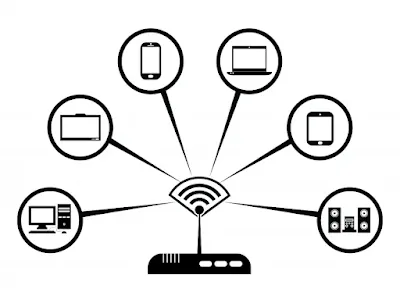Wireless Internet providers in some areas without cable and satellite Internet
A wireless Internet service provider (sometimes called a wireless Internet service provider or WISP) offers public wireless network services to its customers.
Wireless ISPs are selling home internet to households as an alternative to traditional types of internet service such as DSL and cable. These fixed wireless broadband services have proven to be especially popular in rural areas of the western United States, where large national providers do not typically provide service.
Using a Wireless Internet Service Provider
A person must subscribe to the service to use a wireless Internet service provider. While a few providers may offer free subscriptions for promotional purposes, most charge fees and require service contracts.
A wireless ISP, like other ISPs, usually requires its customers to install special equipment (called customer equipment, or CPE). Fixed wireless services use a small, roof-mounted antenna with a special modem-like device that connects via cables to an external device on a home broadband router.
Setting up and logging in to your wireless ISP otherwise works the same way as with other forms of broadband internet. Internet connections through WISPs typically support slower download speeds than traditional broadband providers due to the types of wireless technologies they use.
Are mobile operators or other access points also wireless internet providers?
Typically, a company in business as a wireless internet provider provides only a wireless network and internet access. Cellular carriers are not considered wireless ISPs because they also have a significant business around voice communications. Nowadays, however, the line between wireless Internet service providers and telephone companies is blurring, and the term "WISP" is sometimes used interchangeably to refer to both.
Companies that install wireless access points in airports, hotels, and other public places are also considered wireless Internet service providers.
.jpeg)



